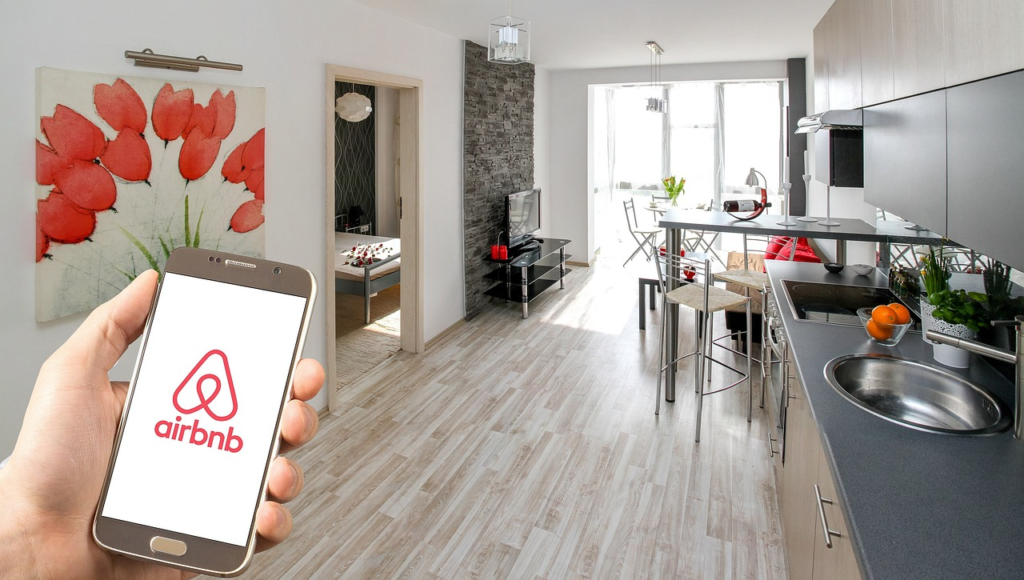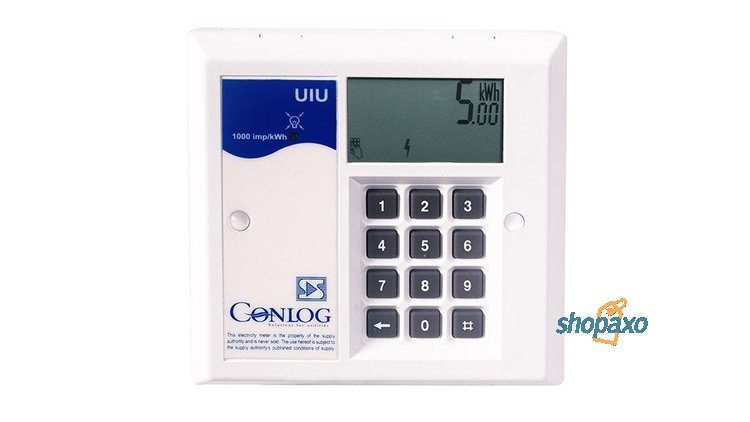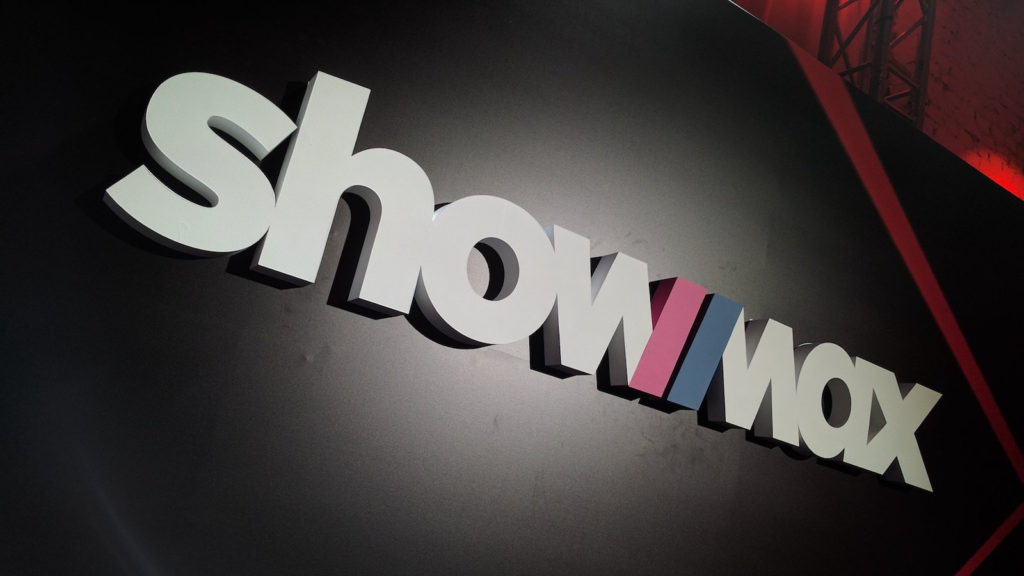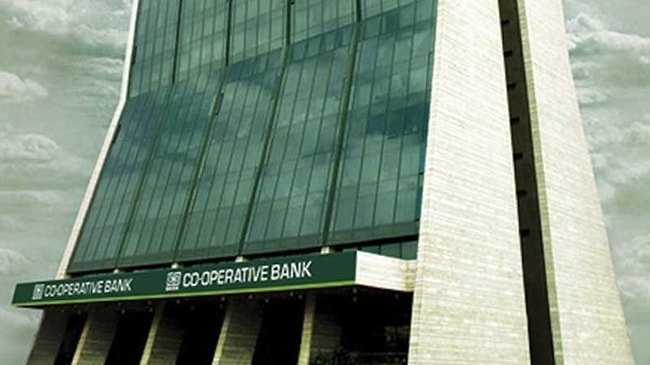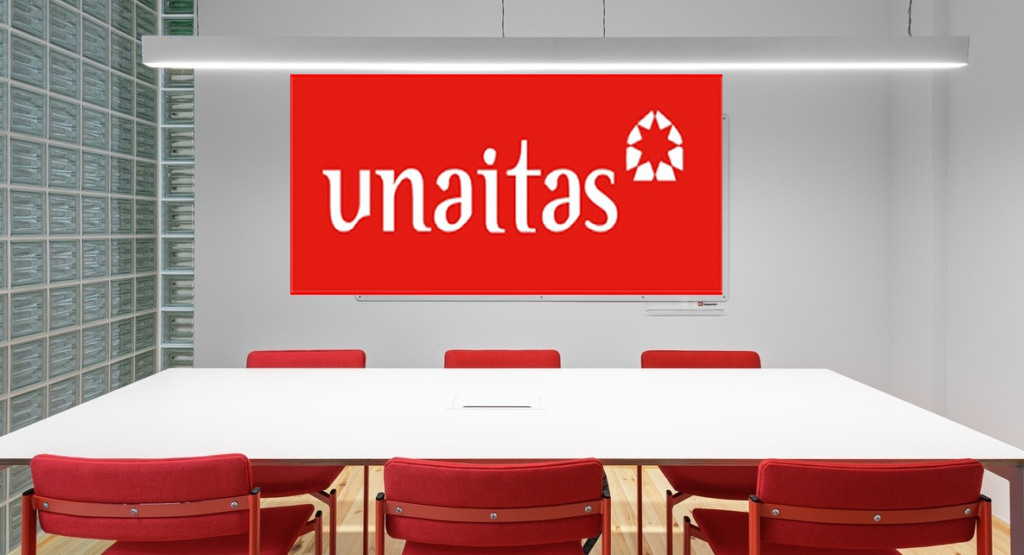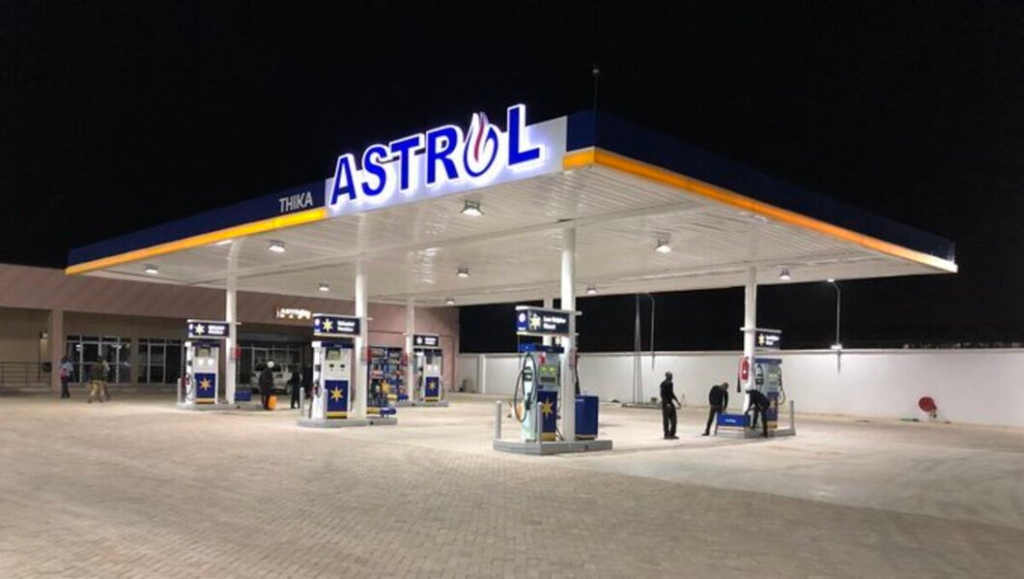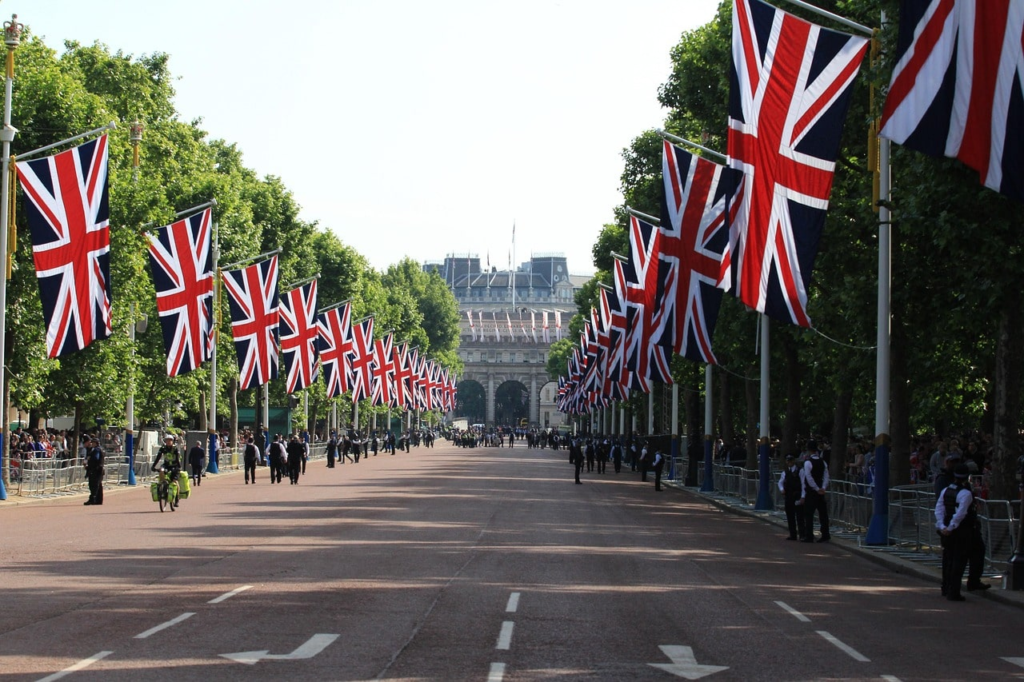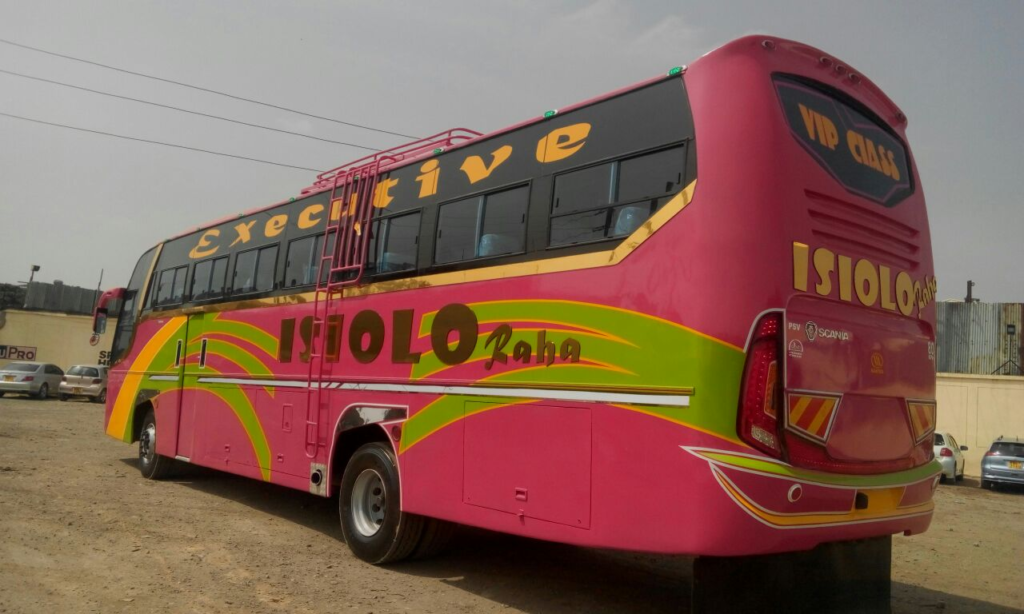Now Reading: What is a bank Code?A List Of Bank Codes In Kenya.
-
01
What is a bank Code?A List Of Bank Codes In Kenya.
What is a bank Code?A List Of Bank Codes In Kenya.

What exactly is a bank Code? I have been writing a lot about bank codes and many of my readers have been asking this very same question.
In this article I am going to explain what exactly what a bank code is.
Bank codes are of two types:
- The national ones, which differ from country to country(sort code in the UK, ABA routing code in the US, IFSC code in India etc.)
- SWIFT code, which is used for international transfers. It is also called BIC (Bank International Code) and it is an international standard (BIC/ISO 9362).
In order to find a bank code, the safest way is to ask the recipient banks or to consult their websites; SWIFT codes can also be checked or found through specialized websites, such as this one: https://www.allbankswiftcodes.com/
Let us look deeper and see the difference between these two kinds of bank codes.
1. National Bank Codes.
A bank Code (not to be confused with a Swift Code) is a code assigned to banks by The Central Bank or The Bankers Association or the any Supervisory Organization. For example in Kenya, The Central Bank of Kenya assigns codes to banks in Kenya. As you can already see, KCB being one of the oldest banks in Kenya is assigned code 01.
Off course, rules of assigning bank Codes differ from country to country. In Kenya, banks ate assigned codes that are numerals beginning with 01.
This rules as I said differ from country to country, thus, code 01 in Uganda could be a code for a local bank.
If you are in a different country, you can ask this code at your local bank.
2. Swift Codes.
On the other hand, A SWIFT code (sometimes also called a SWIFT number) is a standard format for Business Identifier Codes (BIC). It’s used to identify banks and financial institutions worldwide.
It says who and where they are — a sort of international bank code or ID. These codes are used when transferring money between banks, in particular for international wire transfers or SEPA payments. Banks also use these codes to exchanging messages.
In most cases it looks like a shortened version of the Bank name. If you look at the swift bank code for equity which is EQBLKENA, you can almost read the word Equity Bank Limited Kenya.
List of Bank on Kenya and the Codes( What are Codes of Kenyan Banks?)
Here is a list of all banks in Kenya and the bank codes.
| Bank | National Code |
| Kenya Commercial Bank | 01 |
| Standard Chartered Bank | 02 |
| Barclays Bank Of Kenya | 03 |
| Bank Of India | 05 |
| Bank Of Baroda | 06 |
| Commercial Bank Of Africa | 07 |
| Habib Bank | 08 |
| Central Bank Of Kenya | 09 |
| Prime Bank | 10 |
| Co-operative Bank | 11 |
| National Bank | 12 |
| Oriental Commercial Bank | 14 |
| First American Bank of Kenya | 15 |
| CitiBank | 16 |
| Habib Bank AG | 17 |
| Middle East Bank | 18 |
| Bank Of Africa | 19 |
| Dubai Bank | 20 |
| Consolidated Bank | 23 |
| Credit Bank | 25 |
| Trans National Bank | 26 |
| Chase Bank | 30 |
| Stanbic bank | 31 |
| African Banking Corporation | 35 |
| Imperial Bank | 39 |
| NIC Bank | 41 |
| Giro Bank | 42 |
| Ecobank Bank | 43 |
| Equatorial Commercial Bank | 49 |
| Paramount Universal Bank | 50 |
| Jamii Bora Bank | 51 |
| Fina Bank | 53 |
| Victoria Commercial Bank | 54 |
| Guardian Bank | 55 |
| Investments and Mortgages | 57 |
| Development Bank of Kenya | 58 |
| Fidelity Bank | 60 |
| Diamond Trust Bank | 63 |
| Charterhouse Bank | 64 |
| K-Rep Bank | 66 |
| Equity Bank | 68 |
| Family Bank | 70 |
| Gulf African Bank | 72 |
| First Community Bank | 74 |
| UBA Kenya | 76 |
If you’ve been asking what a bank code is, then I know for sure you have an answer. It common knowledge that these bank has branches. Each of these branches have their own code, which again distinguishes them from other branches of the same bank.
Consider for example Co-operative Bank Of Kenya. We have seen that its Bank Code is 11. A Co-operative Bank of Kenya Branch will have a code in the form 11XXX, where 11 stands for the Co-operative Bank and XXX for the branch. See these co-operative bank codes for bank in Nairobi. It follows then that KCB Bank will have all its branches beginning with 01.
Conclusion
Still asking what a bank code is? I hope you now have an answer. So what is your bank Code? If you found this article interesting, why not share it out?






